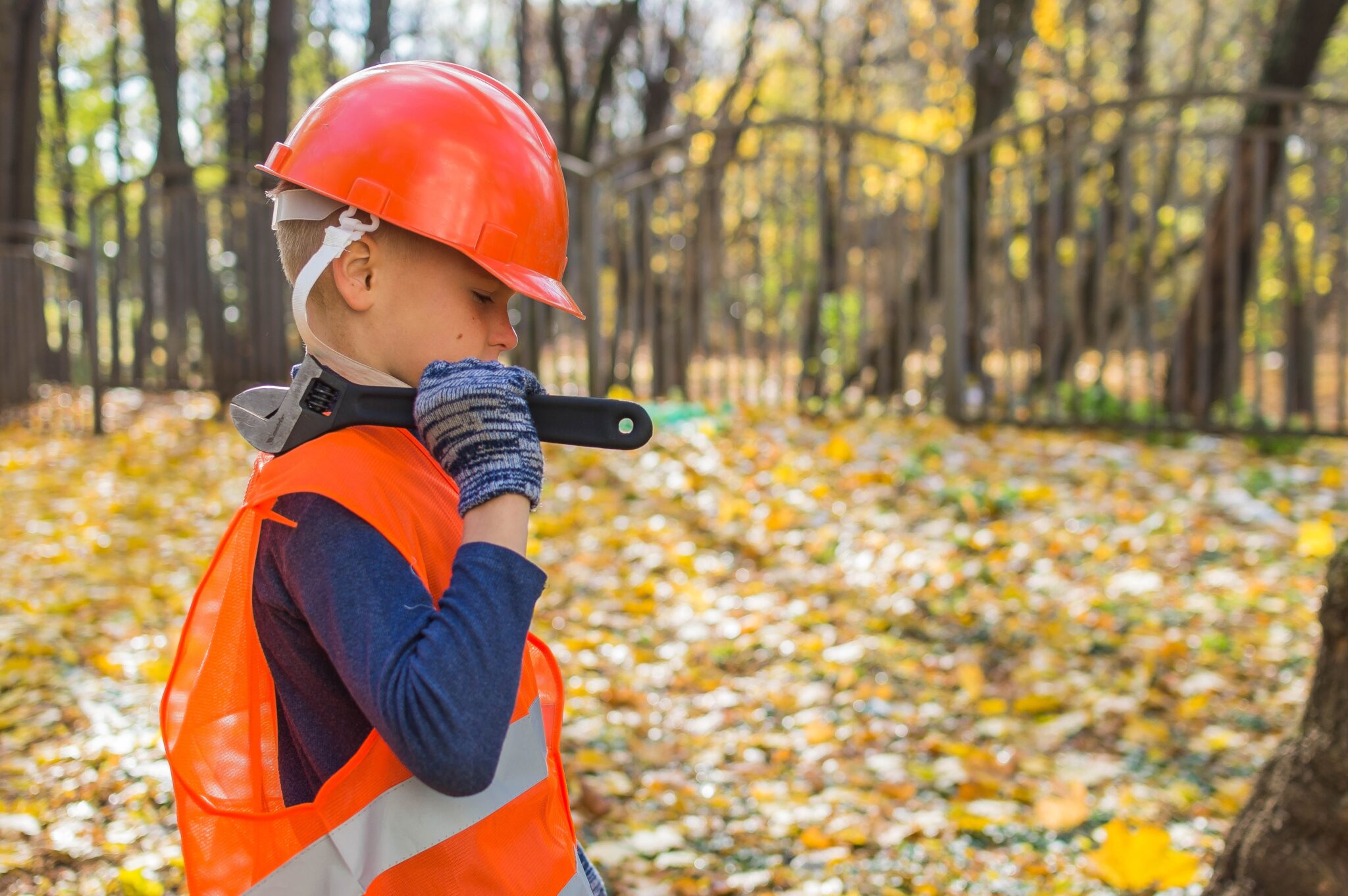
Swap Agrawal is a student at Harvard Law School.
In this weekend’s news and commentary, emails reveal that a Florida-based think tank is driving roll back of child labor laws, and House and Senate Democrats reintroduce the Do No Harm Act.
On April 23, the Washington Post reported that the Foundation for Government Accountability (FGA), a Florida-based think tank, has been a driving force behind the campaign to roll back child labor protections in state legislatures around the country. The FGA played a key role in designing and garnering support for a new Arkansas law to eliminate work permits and age verification for workers younger than 16. The bill’s sponsor, state Rep. Rebecca Burkes (R), said in a hearing that the legislation “came to me from the Foundation [for] Government Accountability.” Emails obtained by the Washington Post show that the think tank and its lobbying arm, the Opportunity Solutions Project, also helped draft state legislation in Arkansas, Ohio, Minnesota, and Georgia. According to the political watchdog group Open Secrets, the Opportunity Solutions Project has hired 115 lobbyists across the country with a presence in 22 states since 2016.
In 2022, FGA published a white paper on how states can “streamline” the hiring process for teenage workers. FGA frames its rollback of child labor protections as supporting parental rights. Nick Stehle, the Foundation’s vice president, said that its policies maintain existing child labor safety protections “while removing the permission slip that inserts government in between parents and their teenager’s desire to work.” In an op-ed for Fox News, Stehle wrote that “the main push for this reform didn’t come from big business.” However, the FGA is funded by rich ultraconservative donors such as the Ed Uihlein Family Foundation and 85 Fund. Moreover, Stehle failed to address the most vulnerable population that faces greater risk due to lack of regulation: undocumented minors who arrive in the United States without their parents and are forced to work by distant relatives or non-relative sponsors. Critics of the new laws say that work permits provide an important paper trail to find children who are being exploited.
On April 19, House and Senate Democrats reintroduced the Do No Harm Act to limit the use of the Religious Freedom Restoration Act (RFRA) to undermine civil rights protections. The bill makes clear that RFRA does not apply in circumstances where religious exceptions would cause harm to others, including application to nondiscrimination laws; employment laws governing wages and collective bargaining; child labor and protection laws; access to health care; services provided through a government contract or grant; and services by government officials. The legislation is sponsored by House Committee on Education and the Workforce Ranking Member Bobby Scott (D-VA-03), senior Judiciary Committee member Rep. Steve Cohen (TN-09), House Committee on Oversight and Accountability Ranking Member Jamie Raskin (MD-08), House Subcommittee on the Constitution and Limited Government Ranking Member Mary Gay Scanlon (PA-05), and Senator Cory Booker (D-NJ).






Daily News & Commentary
Start your day with our roundup of the latest labor developments. See all
February 19
Union membership increases slightly; Washington farmworker bill fails to make it out of committee; and unions in Argentina are on strike protesting President Milei’s labor reform bill.
February 18
A ruling against forced labor in CO prisons; business coalition lacks standing to challenge captive audience ban; labor unions to participate in rent strike in MN
February 17
San Francisco teachers’ strike ends; EEOC releases new guidance on telework; NFL must litigate discrimination and retaliation claims.
February 16
BLS releases jobs data; ILO hosts conference on child labor.
February 15
The Office of Personnel Management directs federal agencies to terminate their collective bargaining agreements, and Indian farmworkers engage in a one-day strike to protest a trade deal with the United States.
February 13
Sex workers in Nevada fight to become the nation’s first to unionize; industry groups push NLRB to establish a more business-friendly test for independent contractor status; and UFCW launches an anti-AI price setting in grocery store campaign.